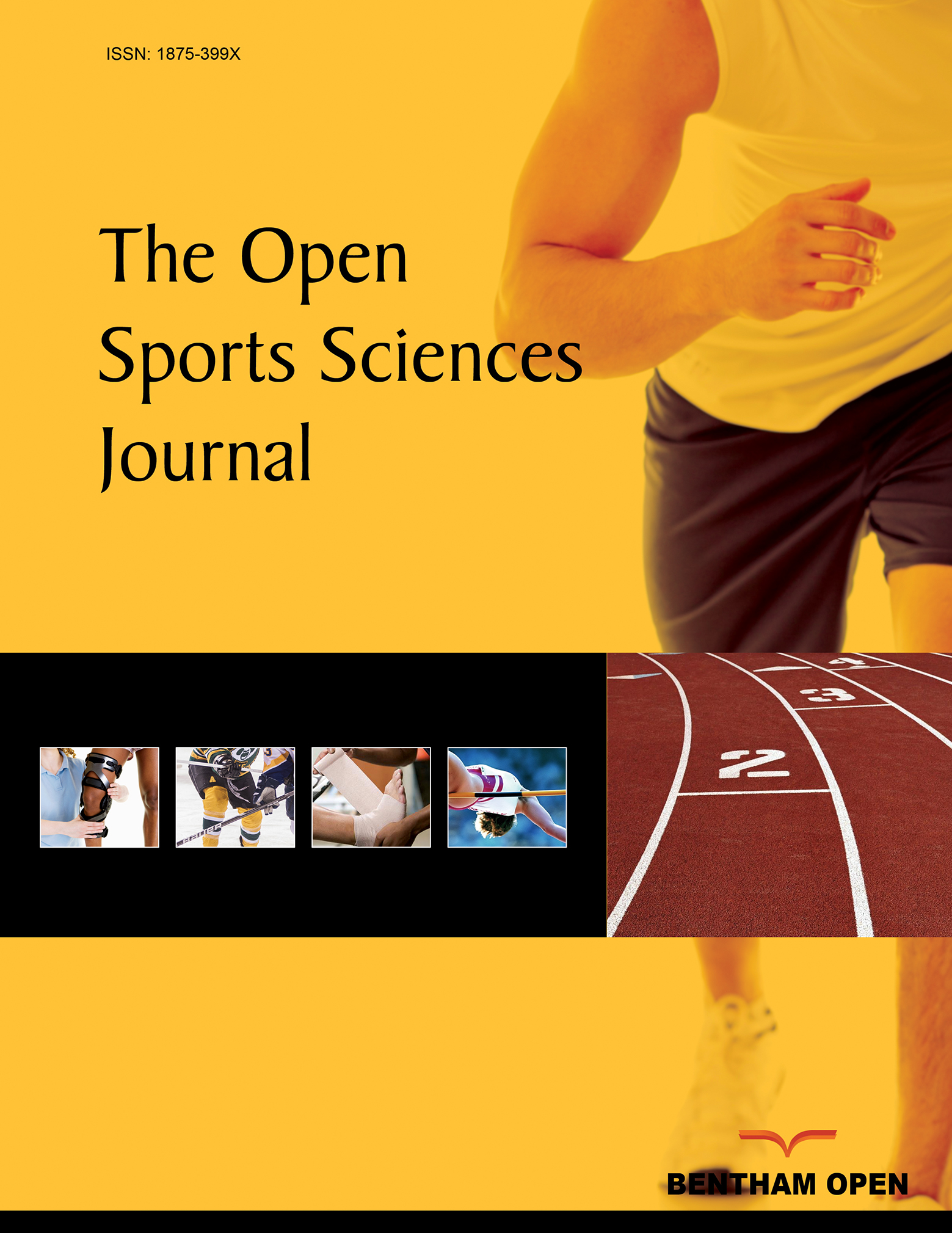All published articles of this journal are available on ScienceDirect.
The Nonlinear Nature of Learning - A Differential Learning Approach
Abstract
Traditional learning approaches are typically based on a linear understanding of causality where the same cause leads to the same effect. In recent years there has been increasing interest in the complexity of nature and living phenom-ena, with significant insights provided by models of change that are based on a nonlinear understanding of causality, where small causes can lead to big effects and vice versa. In this vein, learning processes seem to be more successful for inducing behavioral change when teaching processes deviate from a linear approach. The differential learning approach takes advantage of fluctuations in a complex system by increasing them through ‘no repetition’ and ‘constantly changing movement tasks’ which add stochastic perturbations. Previous research has provided much evidence on the superiority of a differential learning approach for learning single movement techniques, in comparison to repetition- and correction-oriented approaches. In this pilot study, the parallel acquisition and learning of two movement techniques in the sport of football are the objective of investigation. One traditionally trained group and two differentially trained groups (blocked and random) trained for 4 weeks, twice a week, on ball control and shooting at goal tasks. Results supported previous work and revealed significant advantages for both differential groups in the acquisition phase as well as in the learning phase, compared to the traditional group. These data suggest that, instead of following a direct linear path towards the tar-get of a ‘to-be-learned’ movement technique by means of numerous repetitions and corrections, a differential approach is more beneficial because it perturbs learners towards more functional movement patterns during practice.


